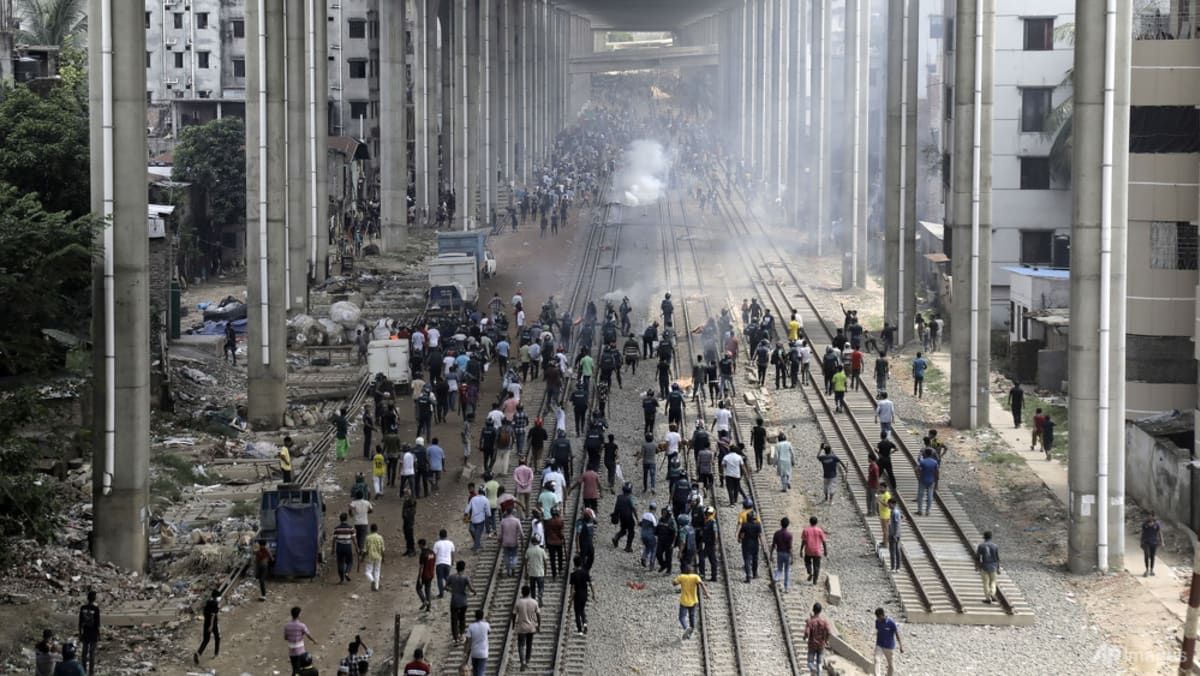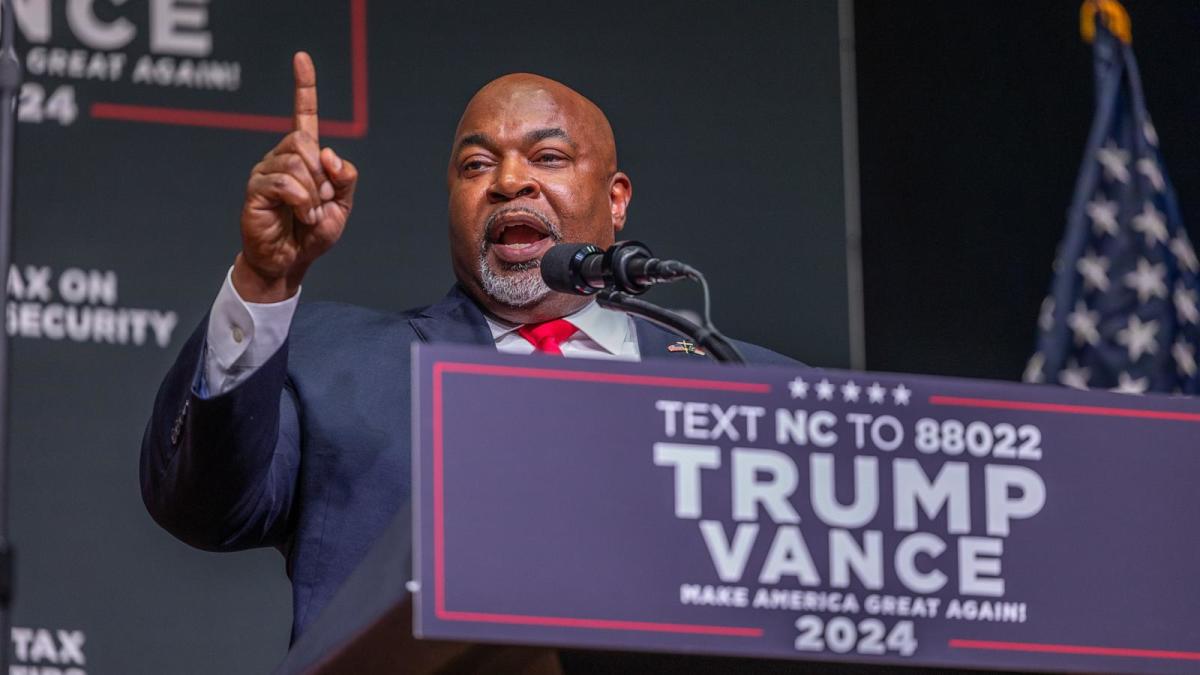It decided that a lower bench’s order last month to reintroduce the scheme was “illegal”, Bangladeshi Attorney General AM Amin Uddin told AFP.
Shah Monjurul Hoque, a lawyer involved in the case, told AFP that the court had also asked protesting students “to return to class” after issuing its verdict.
The ruling curtailed the number of reserved jobs, from 56 per cent of all positions to seven per cent, but fell short of meeting protester demands.
It reserved five per cent of all government jobs for the children of “freedom fighters” from Bangladesh’s 1971 liberation war against Pakistan, down from 30 per cent.
One per cent were reserved for tribal communities, and another one per cent for people with disabilities or identifying as third gender under Bangladeshi law.
The remaining 93 per cent of positions would be decided on merit, the court ruled.
The “freedom fighter” category in particular is a point of resentment for young graduates, with critics saying it is used to stack public jobs with loyalists to Hasina’s ruling Awami League.
Students had called for the complete abolition of that category, along with other quotas for women and specific districts of the country.
“We welcome the Supreme Court verdict,” a spokesman for Students Against Discrimination, the main group responsible for organising the protests, told AFP on condition of anonymity.
“But we won’t call off our protests until the government issues an order reflecting our demands.”
#Bangladesh #court #winds #job #quotas #sparked #unrest













